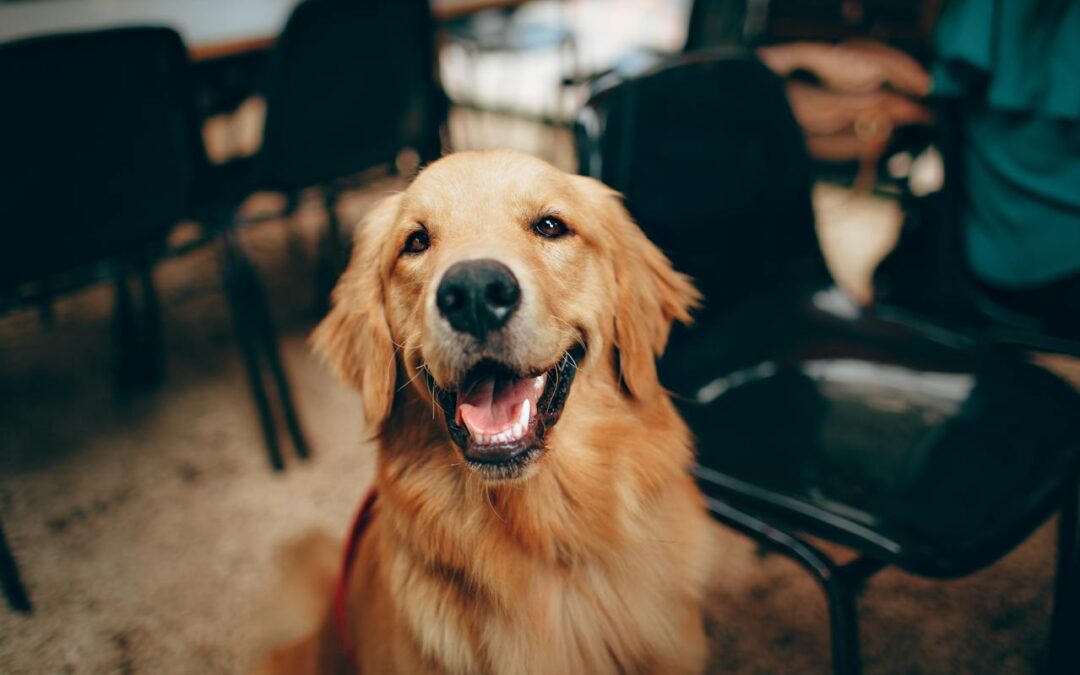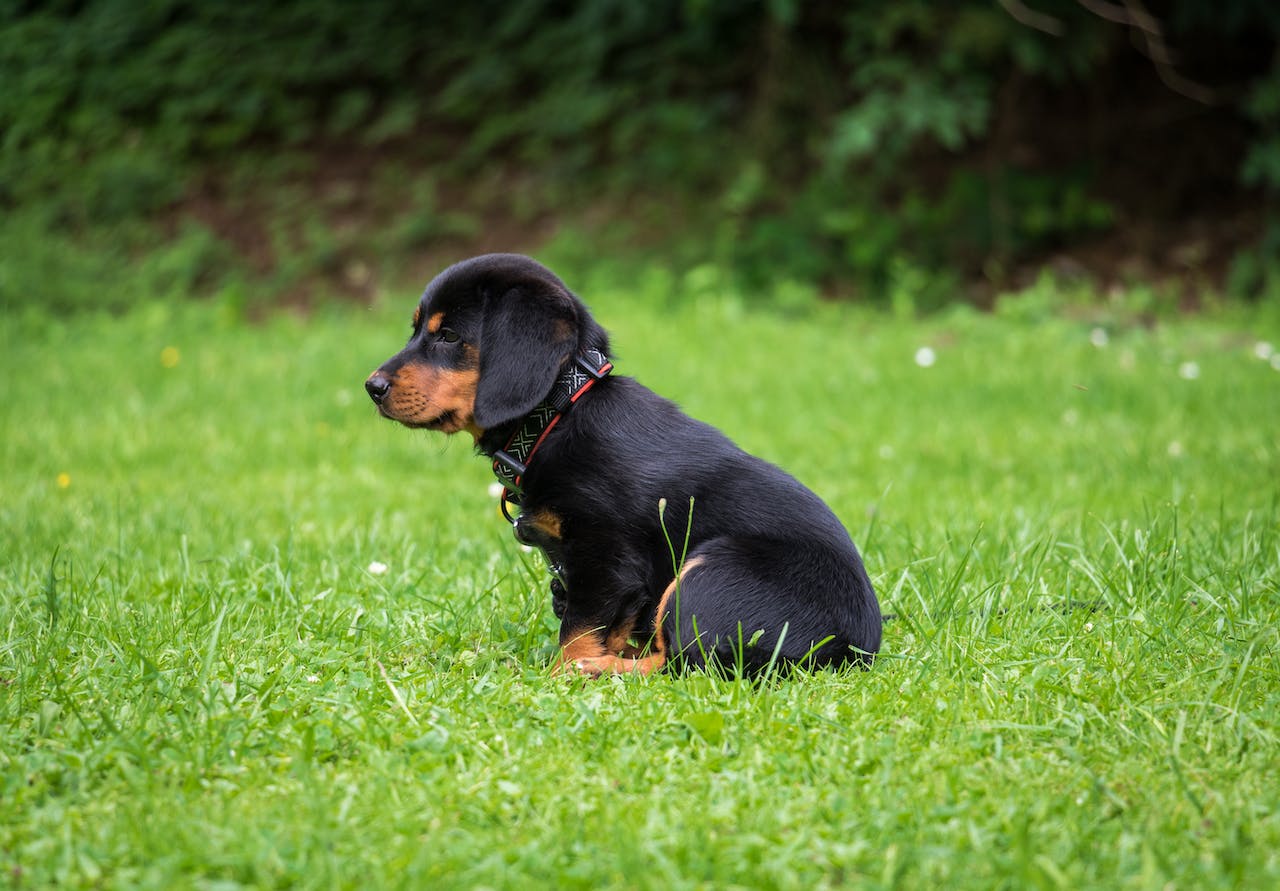From the noble Great Dane to the amiable Leonberger, these large dog breeds shatter preconceived notions of giant dogs as only powerful protectors. They also demonstrate that the bigger the dog, the larger the heart.
These loving breeds require a lot of space in your home and heart, but their loyalty makes them worth it. They are true gentle giants, and they adore children.
1. Great Dane
The Great Dane is perhaps the best known of the gentle giants. Originally bred to hunt wild boar and guard estates, these majestic dogs have since become household companions. They are calm and patient, with a noble demeanor that gives them the nickname of “gentle giants.” They make excellent family dogs and will often bond very close to children.
These large dogs also have a natural sense of protectiveness and will always stand tall to protect their loved ones. Unlike many other larger breeds, this doesn’t come from aggression but from a deep-seated desire to ensure that their loved ones are safe.
Giant breeds are astute observers and can pick up on even the smallest changes in their owners’ emotions or environment. This makes them an excellent choice for emotional support animals and is one of the reasons why they make such devoted and loyal companions.
Despite their impressive size, these dogs start out as (relatively) little puppies and will take 18-24 months to reach their full adult heights. They will still have a lot of energy as teens, so it’s important to provide them with plenty of exercise and toys to keep them happy and active.
2. Bernese Mountain Dog
From paws that look like they were made for stomping through ancient forests to a posture that commands respect and attention, giant breeds have an aura of regality. But they also require a lot of care, love and attention to live a happy life. So if you’re thinking about adopting one of these dogs, make sure you have enough space in your home and heart for him or her!
The Bernese Mountain Dog (or “Berner” as they are affectionately known) is a large breed of dog from Switzerland. Despite their imposing size and appearance, they are calm and sweet-natured dogs. They are patient and loving, especially towards children. However, they can be shy or wary of strangers and new situations. So early socialization is important.
Berners are very smart and obedient. They are capable of doing a variety of draft work, including herding, watchdogging, and carting. They are often used as service dogs for those with disabilities, and they excel at tracking and competitive obedience.
Berners have a long, thick coat that needs to be brushed every two weeks to keep it healthy. They are not as long-lived as other breeds, and they are more prone to certain health issues, such as hip dysplasia, bone cancer, and Von Willebrand’s disease.
The Bernese Mountain Dog, or ‘Berner,’ with its majestic presence and gentle demeanor, is a remarkable breed from Switzerland. If you’re considering adopting a canine companion, explore the unique qualities of a bernese mountain dog australian shepherd mix, blending the regality of the Berner with the intelligence and versatility of the Australian Shepherd. This mix can bring an extra layer of charm and adaptability to your home, making sure your giant furry friend is not only loving but also incredibly smart and capable in various activities.
3. Leonberger
Like other giant breeds, Leonbergers are incredibly strong and large in size, but they’re sensitive, loving dogs with gentle temperaments. These steadfast pups love to play and enjoy spending time with their families. They also tend to get attached and become very loyal. They are good with children and are known for their ability to help out around the house.
Leonbergers were bred to be multipurpose working and family companions in Germany, and they’re often seen helping out with search-and-rescue efforts and serving as therapy dogs. However, they’re happiest as part of the family and thrive when they’re made an integral part of daily activities.
This German breed is reminiscent of a lion and male Leonbergers are distinguished by their lion-like mane and black mask. They can be lion-yellow, sand-colored, golden to red and red-brown with a medium to long, water-resistant double coat.
Like other large dogs, Leonbergers must be socialized at an early age and receive regular training. If a Leonberger runs or plays wildly right after a big meal, it can twist its stomach, which could cut off its blood supply. It’s best to let the dog rest and eat quietly. This breed is also prone to hip and elbow dysplasia, so it’s important to conduct all recommended health screenings.

4. Mastiff
There’s something undeniably majestic about giant dog breeds. From paws that look big enough to hold your whole hand to their statuesque posture, these powerful animals exude power and regality. But it’s their innate gentle nature that sets them apart from other dogs. From guarding royal families to saving lost travelers in the snowy Alps, these colossal creatures are both brave and compassionate.
While their imposing stature can make them wary of strangers, these beasts are loyal to their owners and won’t let anyone or anything hurt them. However, this doesn’t mean they won’t bark — especially if someone they don’t know approaches them. Despite their gentle nature, these powerful giants can make effective protective and guardian dogs and require early training and socialization to become comfortable in their roles as household companions.
Giant breeds are eager to please and can be easy to train. But their large size can sometimes make them sluggish and slow-moving on walks, so it’s important to provide plenty of daily exercise for these lovable behemoths. They also tend to eat a lot and can develop gassy reactions to commercial diets, so it’s important to avoid foods that contain fibrous or hard-to-digest ingredients.
5. Staffie
With paws that seem like they were made for stomping through ancient forests and postures that command respect, large dog breeds have an aura of regality. But despite their imposing sizes, many of these giant dogs are gentle at heart. Known as “gentle giants,” they are incredibly loyal, calm and affectionate. They make wonderful companions and family pets.
The Staffordshire bull terrier, better known as the Staffie, has an aggressive reputation but today’s responsible breeders produce sweet-natured, eager-to-please pups. Known as the nanny dog, these people pleasers are incredibly loyal to their families and can be very protective of their young. They also have a strong prey drive so should be kept away from cats and small dogs.
6. Pit Bull
A renowned breed for their loyalty, affection, and intelligence, the pit bull is more than just another big dog. This breed is not aggressive by nature, but they do require early socialization and training to keep them calm. Despite their tough appearance, they are incredibly loyal and physically affectionate with family members and other dogs. Unfortunately, they are often the victims of irresponsible and abusive ownership. This has led to many breed-specific laws and prejudice against them, despite their large heart and gentle personality.
Like other dogs, a Pit Bull’s behavior is determined by its environment and the people who raise it. An attentive caring owner will help to develop a happy well-adjusted pet. An abusive owner will turn a loving, affectionate, and intelligent pet into an unhappy and aggressive animal. Rather than blaming the dog, it’s important to recognize that this is a result of poor socialization and mistreatment.
7. Doberman
With their strong, muscular build and intelligent nature, Dobermans are highly trainable. This makes them ideal for law enforcement and service work. They are also beloved family pets with a deep loyalty to their people. Pet parents should start socialization and training early and be consistent.
These dogs are playful and energetic, so they need a lot of physical and mental exercise to be happy. They can get bored easily and may seek entertainment on their own, leading to destructive behaviors. Keeping them engaged with long walks, time spent in the yard and organized activities like agility or flyball is recommended. But always check with your vet to ensure the activities are appropriate for your dog’s heart and joint health.
Due to their large size, these dogs are prone to hip dysplasia and certain heart conditions. Having a proper diet for large breeds that includes an appropriate level of Omega-3 fatty acids can help prevent joint issues. These dogs are also prone to bloat (gastric dilatation volvulus), a condition in which the stomach expands with air, cutting off blood flow and often leading to death. It’s important to monitor for symptoms including restlessness and pacing, drooling, pale gums, lip licking and attempts to throw up without bringing anything up.


